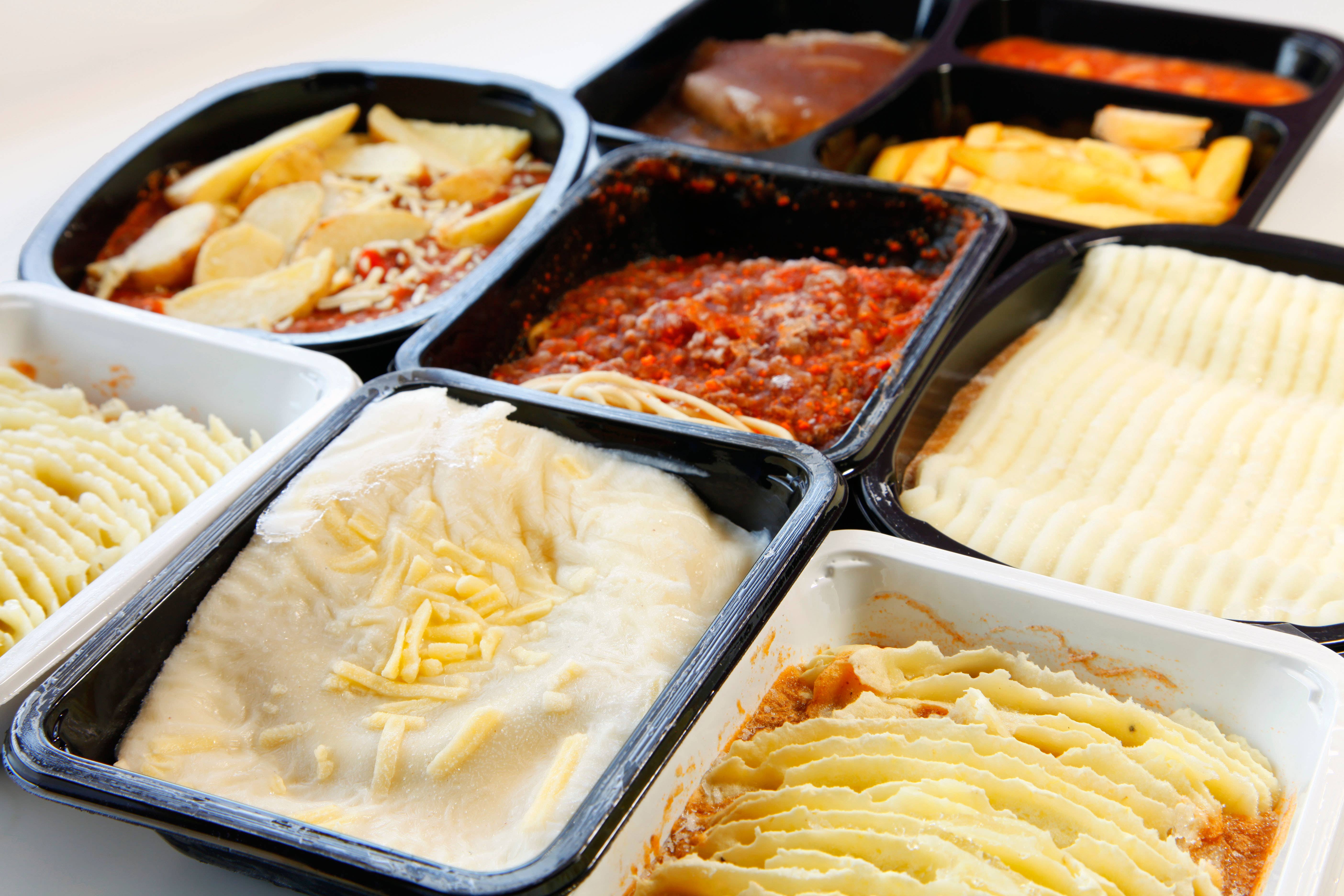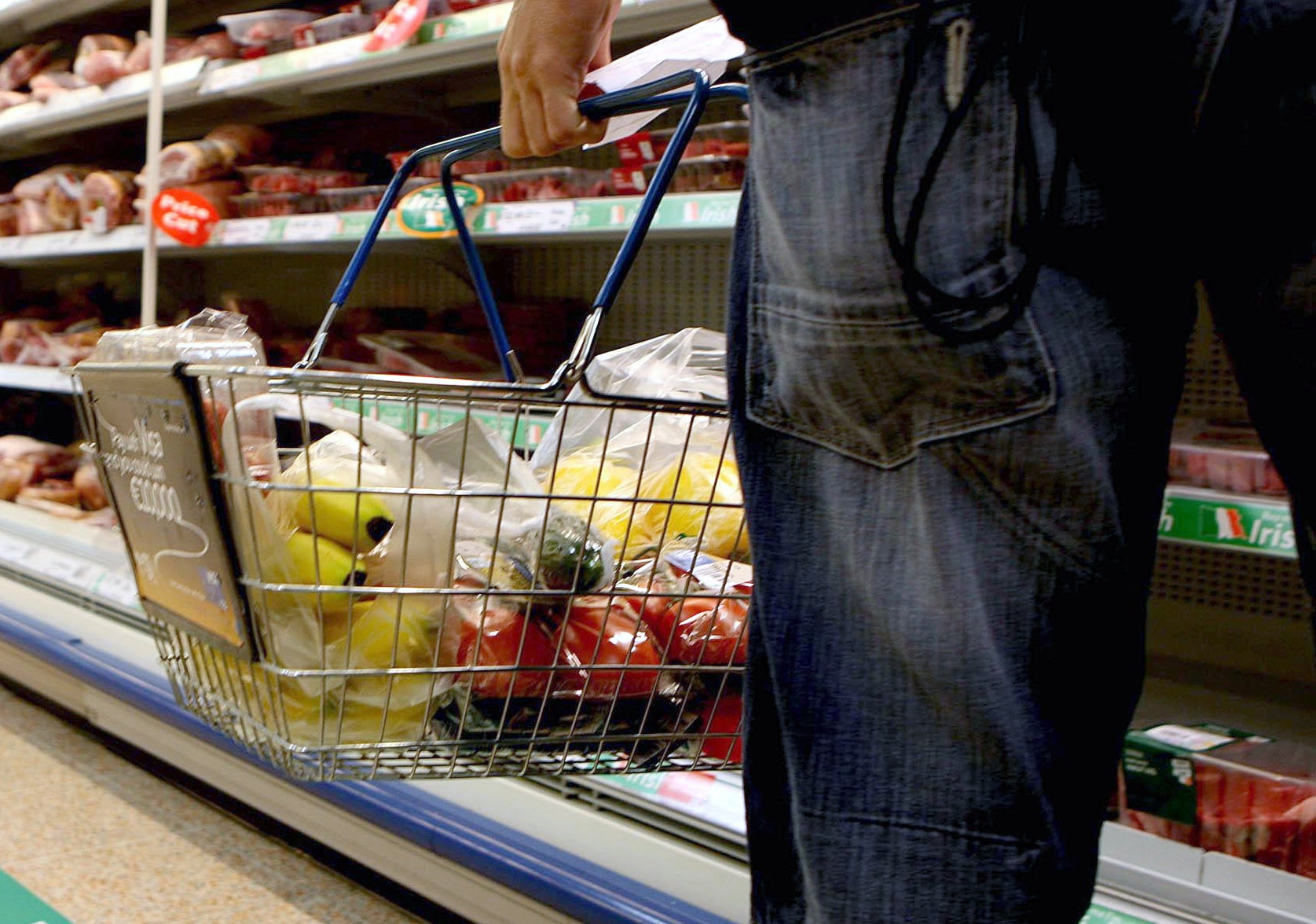What is ultra-processed food – and is it bad for you?
A new study reveals the extent of harmful health effects ultra-processed food can have

Your support helps us to tell the story
From reproductive rights to climate change to Big Tech, The Independent is on the ground when the story is developing. Whether it's investigating the financials of Elon Musk's pro-Trump PAC or producing our latest documentary, 'The A Word', which shines a light on the American women fighting for reproductive rights, we know how important it is to parse out the facts from the messaging.
At such a critical moment in US history, we need reporters on the ground. Your donation allows us to keep sending journalists to speak to both sides of the story.
The Independent is trusted by Americans across the entire political spectrum. And unlike many other quality news outlets, we choose not to lock Americans out of our reporting and analysis with paywalls. We believe quality journalism should be available to everyone, paid for by those who can afford it.
Your support makes all the difference.Ultra-processed food (UPF) has been linked to severe health consequences once again, as a study by Harvard conducted over 30 years finds ultra-processed meat can increase risk of an early death.
The landmark study saw scientists track 114,000 people to uncover the long-term effects of UPF. It found that regular consumers of ultra-processed meat had a 13 per cent higher chance of dying over the 34 years of the study.
Different types of UPF were tested, with results showing that diets with a high amount of sugary and artificially sweetened drinks increased risk of early death by nine per cent. Overall, diets high in UPFs were found to come with a four per cent increase.
UPF had previously been directly linked to 32 harmful health effects in a study by the BMJ. It showed that exposure to UPF can increase risk of cancer, adverse mental health, type 2 diabetes and even early death.
In the UK and US, half the average person’s diet now consists of UPF according to the latest data. Amongst younger people and those on lower-incomes, this increases to as much as 80 per cent.

“These findings provide a rationale to develop and evaluate the effectiveness of using population-based and public-health measures to target and reduce dietary exposure to ultra-processed foods for improved human health,” the BMJ report concluded.
Here’s a guide to everything you need to know about ultra-processed food:
What is ultra-processed food?
Put simply, UPF is food that contains ingredients you wouldn’t typically find in your kitchen. Colours, preservatives, emulsifiers, flavours, and other additives – this is what takes a food product from processed to ultra-processed.
These foods will typically be longer lasting, but lower in vitamins and other nutrients. The most commonly eaten UPFs in the UK are industrialised bread, ready meals, breakfast cereals, sausages and other reconstituted meat products.
The NOVA food classification divides foods we buy into 4 groups, from unprocessed to ultra-processed:
Unprocessed (and minimally processed) food
This group includes fruit, vegetables, seeds, nuts and animal products like eggs, fish, milk and unprocessed meat. It makes up 30 per cent of calories in a typical UK diet.
Minimally processed foods may have been crushed, boiled, dried, crushed and so on – but they will have no added ingredients. This includes frozen fruit and veg, fruit juice, unsweetened yoghurt and spices.

Processed culinary ingredients
Foods from this group are typically used in cooking. Think oils, butter, vinegars, sugar, salt. They are typically meant to be eaten alone, but alongside unprocessed foods. Around 4 per cent calories in UK diets are made up from these.
Processed food
Processed foods are typically made up of a mixture of unprocessed foods and processed culinary ingredients. This category includes cheeses, fresh bread, salted nuts, smoked meats, and beer and wine. These foods make up almost 9 per cent of calories in a typical UK diet.
How can I recognise ultra-processed food?
It can be tricky to recognise the difference between processed and ultra-processed food. For instance, all bread is processed, but add preservatives or emulsifiers and it becomes ultra-processed.
However, there are a few typical giveaways. Firstly, look at a product’s ingredients list. If the list is very long, typically more than five ingredients, it is probably ultra-processed.
Unrecognisable ingredients will probably stick out to you immediately. Look out for additives like preservatives, emulsifiers, sweeteners, colours, and antioxidants. These may be accompanied by E numbers.
However, not all food that contain additives are ultra-processed. For instance, bacon contains salt and nitrates, but is only usually considered a processed food.
Finally, high fat, sugar or salt content is common in processed foods. You can spot these on the packaging “traffic light” nutrition labels.
Join our commenting forum
Join thought-provoking conversations, follow other Independent readers and see their replies
Comments